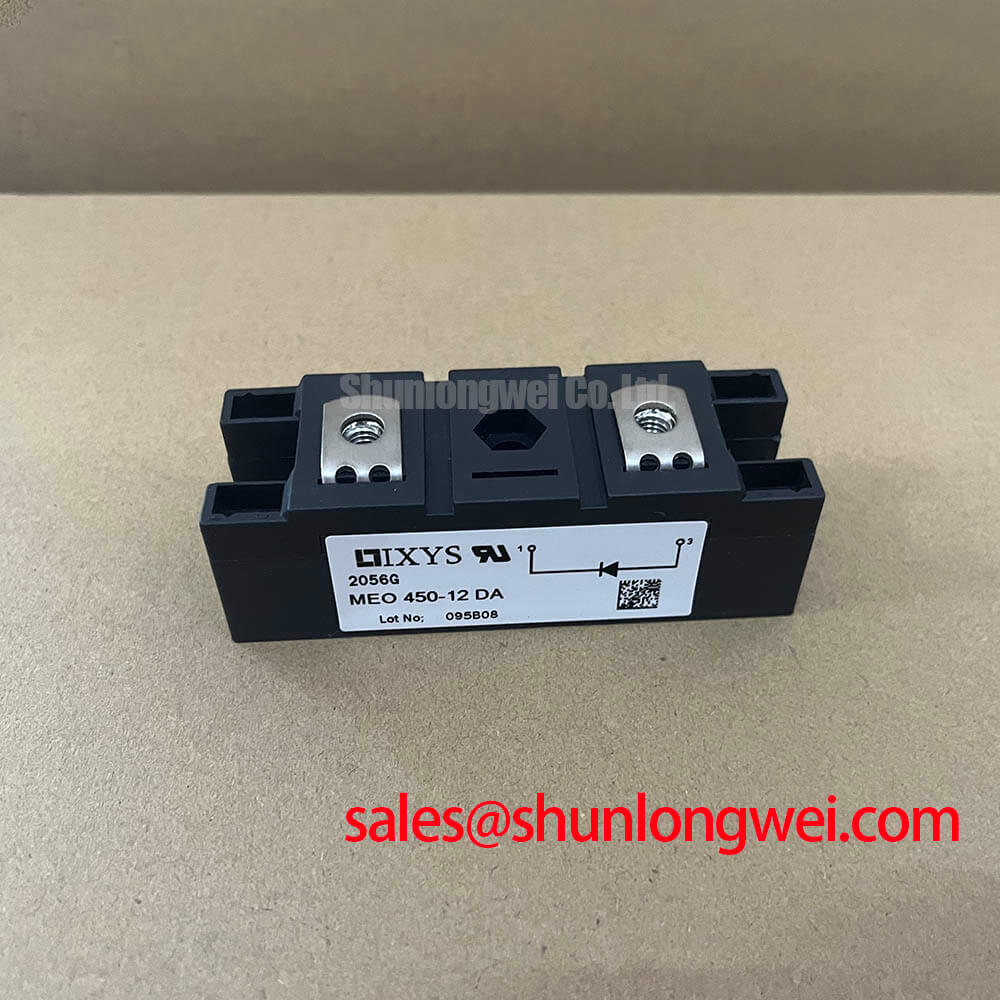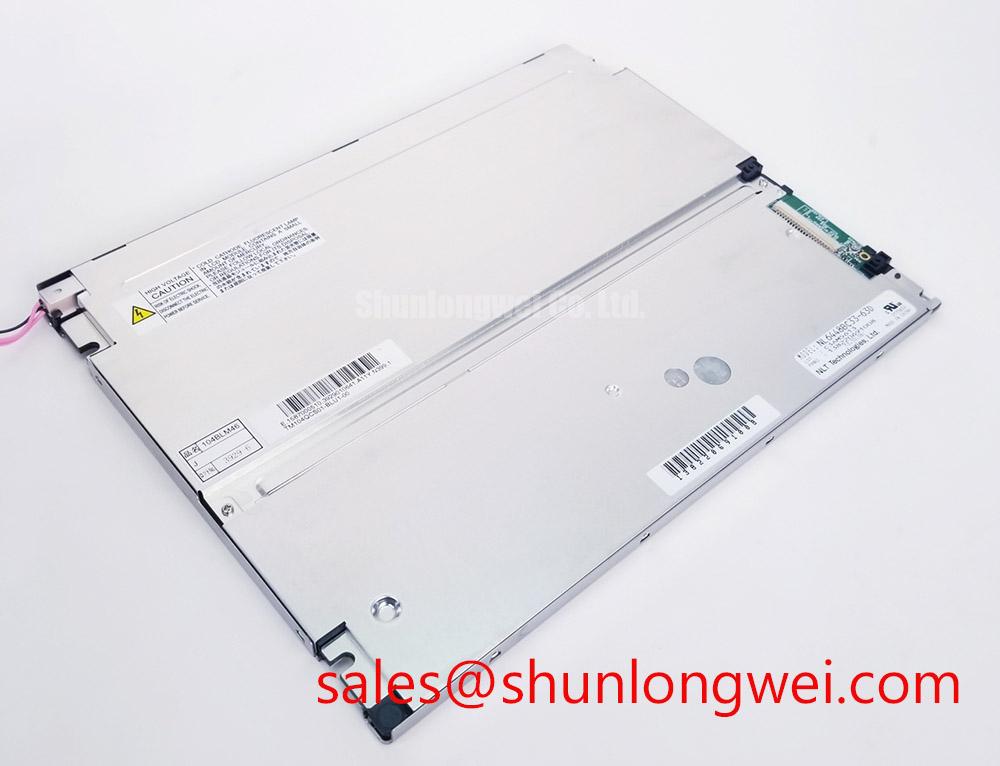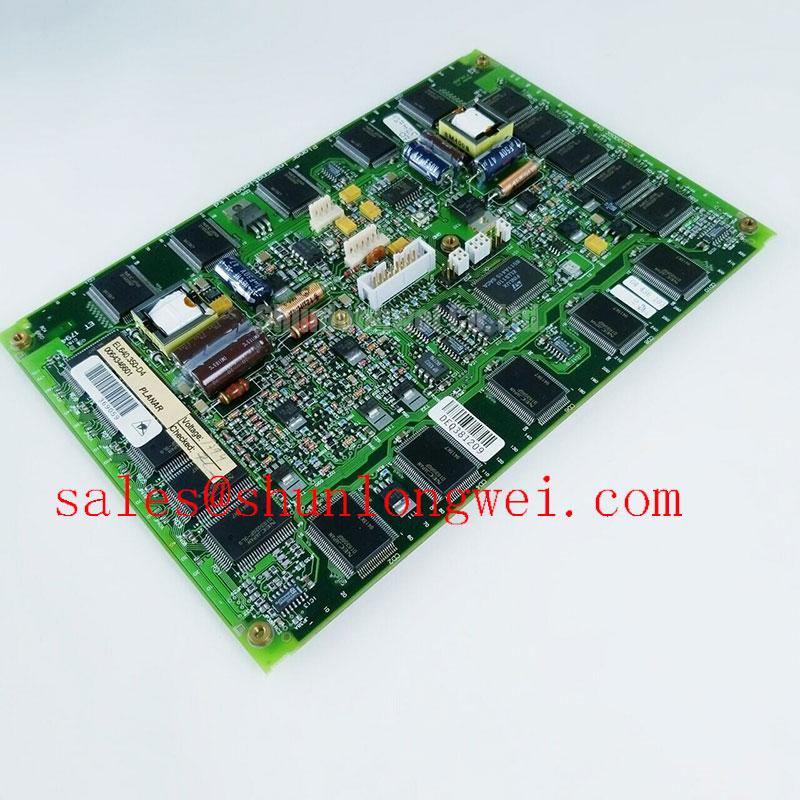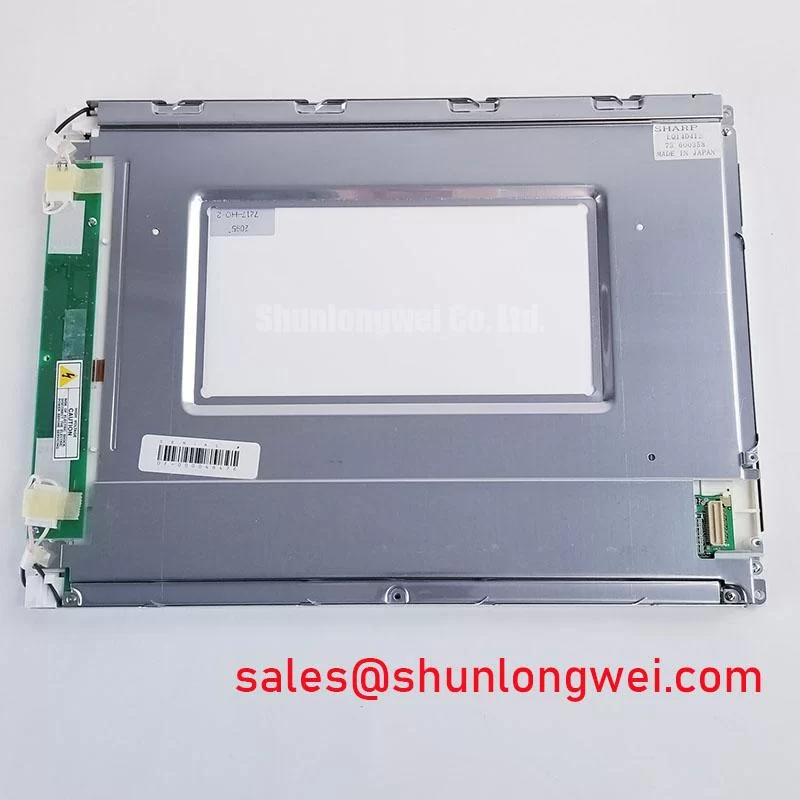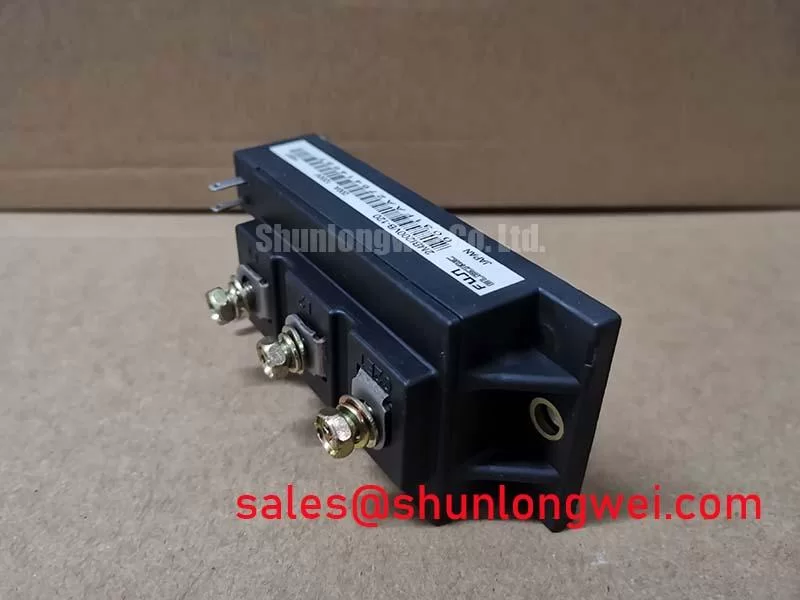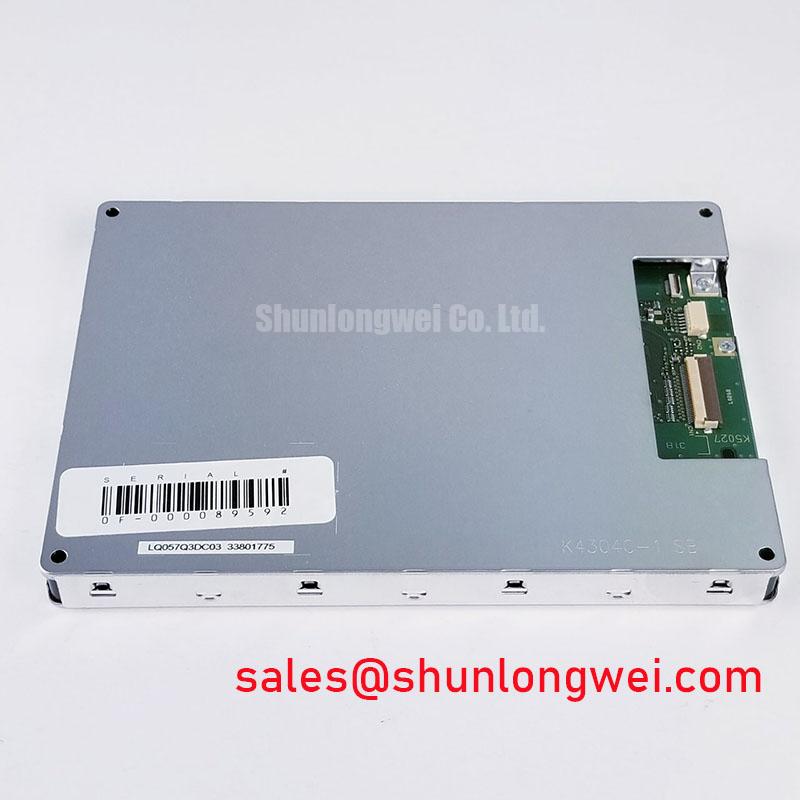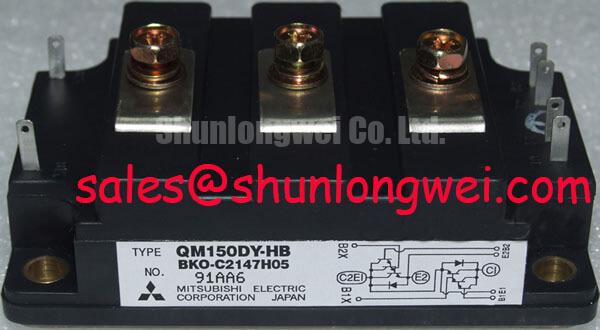MEO450-12DA Thyristor/Diode Module: Engineering Guide to 1200V High-Power Control
Product Overview: MEO450-12DA
Engineered for Robust Thermal Performance and High-Current Rectification
The MEO450-12DA is a high-performance Thyristor/Diode module designed for demanding power control applications requiring both reliability and thermal efficiency. It delivers superior performance in high-current environments through its remarkably low forward voltage drop and robust, electrically isolated construction. Key specifications include: 1200V VRRM/VDRM | 450A ITAVM | 3000V~ Isolation Voltage. This module provides tangible engineering benefits, including significantly reduced conduction losses and simplified mechanical assembly. For engineers designing industrial soft-starters or controlled rectifiers, the MEO450-12DA's high surge current capability ensures robust handling of demanding inrush conditions. This module is the optimal choice for high-power rectification and control circuits where minimizing heat dissipation is a primary design constraint.
Key Parameter Overview
Decoding the Specs for Enhanced Thermal Reliability
The technical specifications of the MEO450-12DA are tailored for high-reliability industrial applications. The parameters below highlight its capacity for efficient power handling and robust thermal performance. All values are specified at TJ = 25°C unless otherwise stated.
| Parameter | Symbol | Condition | Value |
|---|---|---|---|
| Thyristor (SCR) Characteristics | |||
| Repetitive Peak Off-State Voltage | VDRM/VRRM | 1200 V | |
| Average On-State Current | ITAVM | TC = 85°C | 450 A |
| RMS On-State Current | ITRMS | TC = 85°C | 700 A |
| Surge Forward Current (non-repetitive) | ITSM | t = 10 ms, TVJ = 125°C | 10500 A |
| Threshold Voltage | VT0 | For power loss calculation | 0.85 V |
| Slope Resistance | rT | For power loss calculation | 0.85 mΩ |
| Diode Characteristics | |||
| Repetitive Peak Reverse Voltage | VRRM | 1200 V | |
| Average Forward Current | IFAVM | TC = 85°C | 450 A |
| RMS Forward Current | IFRMS | TC = 85°C | 700 A |
| Surge Forward Current (non-repetitive) | IFSM | t = 10 ms, TVJ = 125°C | 11000 A |
| Threshold Voltage | VF0 | For power loss calculation | 0.85 V |
| Slope Resistance | rF | For power loss calculation | 0.70 mΩ |
| Module & Thermal Characteristics | |||
| Insulation Test Voltage | VISOL | 50/60 Hz, RMS, t = 1 min | 3000 V~ |
| Operating Junction Temperature | TVJ | -40 to +125 °C | |
| Thermal Resistance, Junction to Case (Thyristor) | RthJC | 0.075 K/W | |
| Thermal Resistance, Junction to Case (Diode) | RthJC | 0.080 K/W | |
Download the MEO450-12DA datasheet for detailed specifications and performance curves.
Application Scenarios & Value
Achieving System-Level Benefits in High-Current Power Control
The MEO450-12DA is expertly suited for a range of high-power industrial applications where controlled rectification and operational robustness are paramount. Its design provides significant value in systems such as AC motor soft starters, controlled AC/DC converters for industrial drives, and power supplies for welding and electrochemical processes.
High-Fidelity Engineering Scenario: AC Motor Soft Starter
In a heavy-duty conveyor system, starting a high-inertia load with a large AC motor generates a significant inrush current. This surge can stress the power grid and cause mechanical shock to the equipment. A soft starter using the MEO450-12DA can effectively mitigate this. The key challenge is managing the thermal load on the power semiconductors during the prolonged ramp-up time. The MEO450-12DA's extremely low forward voltage drop (VT0 of 0.85V and rT of 0.85 mΩ) directly addresses this. It minimizes conduction losses, generating less waste heat than comparable modules. This allows for a more compact and cost-effective Thermal Resistance solution, a critical factor in space-constrained industrial control panels. Furthermore, its impressive surge current rating (ITSM of 10500 A) provides a substantial safety margin to withstand unexpected fault conditions, enhancing the overall reliability of the Soft Starter.
For systems that require a full bridge rectifier configuration, the related SKKD162/16 offers a dual-diode solution in a similar package style.
Frequently Asked Questions (FAQ)
How does the low forward voltage drop of the MEO450-12DA directly impact heatsink selection?
The low forward voltage drop (VT0 and VF0) is a critical parameter for thermal design. It directly reduces the power dissipated as heat (P = VT0 * IAV + rT * IRMS²). With lower heat generation, a smaller, less expensive heatsink can be used to maintain the junction temperature within safe operating limits, leading to a reduction in both system size and total cost.
What is the primary benefit of the 3000V isolation voltage for a system integrator?
The 3000V isolation voltage allows the module's baseplate to be directly mounted onto a common, grounded heatsink alongside other components without needing separate, bulky insulating layers. This simplifies the mechanical design of the power assembly, reduces parts count, improves thermal transfer, and minimizes the risk of insulation failure, which is crucial for building reliable and compliant industrial control systems under standards like IEC 60947.
Technical Deep Dive
A Closer Look at Low Conduction Losses for Enhanced Reliability
The long-term reliability of a power module is intrinsically linked to its thermal performance. The MEO450-12DA's design leverages planar passivated chips, a technology known for creating stable and predictable high-voltage junctions. This intrinsic robustness is further enhanced by its class-leading low forward voltage drop. Thinking of conduction loss is like understanding friction in a water pipe; a larger diameter pipe (lower resistance) allows more water to flow with less energy loss. Similarly, the MEO450-12DA's low threshold voltage and slope resistance act like a wide-diameter pipe for current, minimizing the energy lost as heat during operation.
This efficiency has a compounding effect on reliability. By operating at a lower temperature for a given current, the module experiences reduced thermal stress. This lessens the impact of thermomechanical fatigue on internal components, a primary failure mechanism in power modules. For engineers, this translates into a more reliable end product with a longer operational lifespan, particularly in applications with frequent start/stop cycles or fluctuating loads, such as in a Variable Frequency Drive (VFD) front-end.
Let's Discuss Your Power Control Design
Our team is ready to provide the technical data and support you need to evaluate the MEO450-12DA for your next project. Contact us to discuss your application's specific requirements and how this module can enhance your system's thermal performance and reliability.

